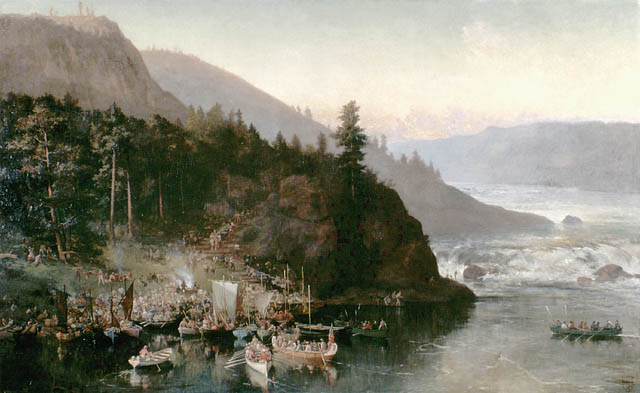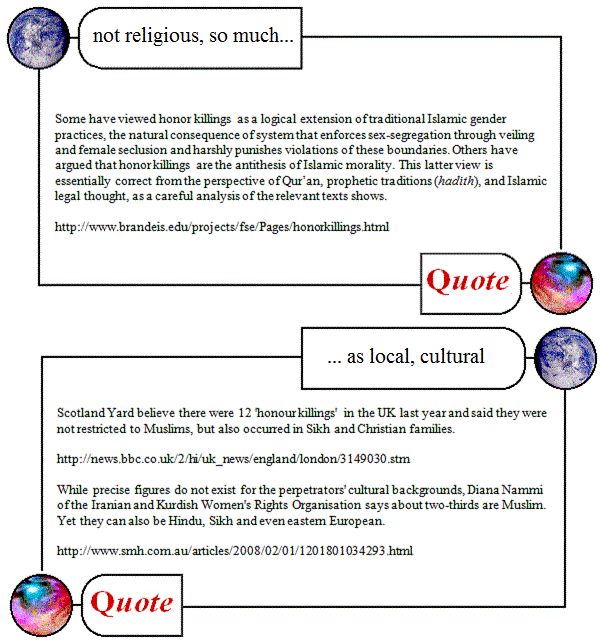I have previously posted my opinion that Afghanistan is not worth the cost. I stated my reasons why we should leave here and here and here. Nothing has changed there but a lot is happening elsewhere in the Middle East.
Egypt’s escalating tensions amount to the first real foreign crisis for the Obama administration that it did not inherit. The crisis serves as a test of Obama’s revamped White House operation. Daley, a former Commerce secretary in the Clinton administration, is now running a staff that is briefing Obama regularly on Egypt.
They have handled it badly. This is a very dangerous time for us. The Egyptian Army seems to be siding with the protesters. That may or may not last.
The left-wing Israeli newspaper Haaretz says that Egyptian army officers in Cairo’s central square have tossed aside their helmets and joined the crowd. “The Army and the people are one,” they chanted. MSNBC’s photoblog shows protesters jubilantly perched on M1A1 tanks. The real significance of these defections is that the army officers would not have done so had they not sensed which way the winds were blowing — in the Egyptian officer corps.
And even as Mubarak tottered, the Saudi king threw his unequivocal backing behind the aging dictator — not hedging like Obama — but the Iranians continued to back the Egyptian protesters. The Saudi exchange tumbled 6.44% on news of unrest from Cairo. Meanwhile, the Voice of America reports that Israel is “extremely concerned” that events in Egypt could mean the end of the peace treaty between the two countries. If Mubarak isn’t finished already, a lot of regional actors are calculating like he might be.
But Washington will not be hurried. The San Francisco Chronicle reports that President Obama will review his Middle Eastern policy after the unrest in Egypt subsides. The future, in whose spaces the administration believed its glories to lie, plans to review its past failures in the same expansive place. Yet time and oil wait for no one. Crude oil prices surged as the markets took the rapid developments in. U.S. Energy Secretary Steven Chu observed that any disruption to Middle East oil supplies “could actually bring real harm.”
Of course, Mr Chu should not worry as we have wind and solar to take up the slack. Actually, we get our oil from Canada and Mexico but the price of oil shifts with the world’s supply.
The present Obama commitment to Afghanistan is ironic since he promised to bring troops home but he has declared that Iraq was NOT necessary and Afghanistan is. This is slightly crazy. The Iraq invasion was an example of US power being applied in a critical location; right in the middle of the Middle East. Afghanistan is a remote tribal society reachable only through unreliable Pakistan. It has minimal effect on world events. We went there to punish the Taliban for harboring the people who attacked our country. Thousands of them have been killed. We have little of interest there now. We should have left last year.
With a Shi’ite dominated government in Iraq, Hezbollah in Lebanon, and a Muslim Brotherhood that may keep Egypt in neutral or tacitly accept Teheran’s leadership, how could things possibly get worse?
They can if Saudi Arabia starts to go. And what response can the U.S. offer? With U.S. combat power in landlocked Afghanistan and with the last U.S. combat forces having left Iraq in August 2010, the U.S. will have little on the ground but the State Department. “By October 2011, the US State Department will assume responsibility for training the Iraqi police and this task will largely be carried out by private contractors.” The bulk of American hard power will be locked up in secondary Southwest Asian theater, dependent on Pakistan to even reach the sea with their heavy equipment.
This is not where we want to be. The problem is that Obama and Hillary and the rest of this administration have no concept of strategy.
The Obama administration made fundamental strategic mistakes, whose consequences are now unfolding. As I wrote in the Ten Ships, a post which referenced the Japanese Carrier fleet which made up the strategic center of gravity of the enemy during the Pacific War, the center of gravity in the present crisis was always the Middle East. President Obama, by going after the criminals who “attacked America on 9/11” from their staging base was doing the equivalent of bombing the nameless patch of ocean 200 miles North of Oahu from which Nagumo launched his raid. But he was not going after the enemy center of gravity itself.
For all of its defects the campaign in Iraq was at least in the right place: at the locus of oil, ideology and brutal regimes that are the Middle East. Ideally the campaign in Iraq would have a sent a wave of democratization through the area, undermined the attraction of radical Islam, provided a base from which to physically control oil if necessary. That the campaign failed to attain many of its objectives should not obscure the fact that its objectives were valid. It made far more strategic sense than fighting tribesmen in Afghanistan. Ideology, rogue regimes, energy are the three entities which have replaced the “ten ships” of 70 years ago. The means through which these three entities should be engaged ought to be the subject of reasoned debate, whether by military, economic or technological means. But the vital nature of these objectives ought not to be. Neutralize the intellectual appeal of radical Islam, topple the rogue regimes, and ease Western dependence on oil and you win the war. Yet their centrality, and even their existence is what the politicians constantly deny.
Events are unfolding, but they have not yet run their course; things are still continuing to cascade. If the unrest spreads to the point where the Suez and regional oil fall into anti-Western hands, the consequences would be incalculable. The scale of the left’s folly: their insistence on drilling moratoriums, opposition to nuclear power, support of negotiations with dictators at all costs, calls for unilateral disarmament, addiction to debt and their barely disguised virulent anti-Semitism should be too manifest to deny.
Leftism is making common cause with Islamic terrorism. Why ? I don’t really know. Some of it may be the caricature of Jews making money and being good at business. Some may simply be the extension of animosity to Israel extending to all Jews. The people behind Obama are not free of these sentiments. His Justice Department is filled with lawyers who defended terrorists at Guantanamo. Holder seems uninterested in voting rights cases if a black is the offender. He was even unwilling to say that Islamic terrorism was behind 9/11.
Because it will hit them where it hurts, in the lifestyle they somehow thought came from some permanent Western prosperity that was beyond the power of their fecklessness to destroy. It will be interesting to see if anyone can fill up their cars with carbon credits when the oil tankers stop coming or when black gold is marked at $500 a barrel. It is even possible that within a relatively short time the only government left friendly to Washington in the Middle East may be Iraq. There is some irony in that, but it is unlikely to be appreciated.
I would add a bit to this from one of my favorite essays on the topic. It compares Gorbachev to Obama.
Nor are the two men, themselves, remotely comparable in their backgrounds, or political outlook. Gorbachev, for instance, had come up from tractor driver, not through elite schools including Harvard Law; he lacked the narcissism that constantly seeks self-reflection through microphones and cameras, or the sense that everything is about him.
On the other hand, some interesting comparisons could be made between the thuggish party machine of Chicago, which raised Obama as its golden boy; and the thuggish party machine of Moscow, which presented Gorbachev as its most attractive face.
Both men have been praised for their wonderful temperaments, and their ability to remain unperturbed by approaching catastrophe. But again, the substance is different, for Gorbachev’s temperament was that of a survivor of many previous catastrophes.
Yet they do have one major thing in common, and that is the belief that, regardless of what the ruler does, the polity he rules must necessarily continue. This is perhaps the most essential, if seldom acknowledged, insight of the post-modern “liberal” mind: that if you take the pillars away, the roof will continue to hover in the air.
In another passage:
There is a corollary of this largely unspoken assumption: that no matter what you do to one part of a machine, the rest of the machine will continue to function normally.
A variant of this is the frequently expressed denial of the law of unintended consequences: the belief that, if the effect you intend is good, the actual effect must be similarly happy.
Very small children, the mad, and certain extinct primitive tribes, have shared in this belief system, but only the fully college-educated liberal has the vocabulary to make it sound plausible.
With an incredible rapidity, America’s status as the world’s pre-eminent superpower is now passing away. This is a function both of the nearly systematic abandonment of U.S. interests and allies overseas, with metastasizing debt and bureaucracy on the home front.
The turmoil in Egypt is a test that, I fear, Obama and his Secretary of State, will not pass.

